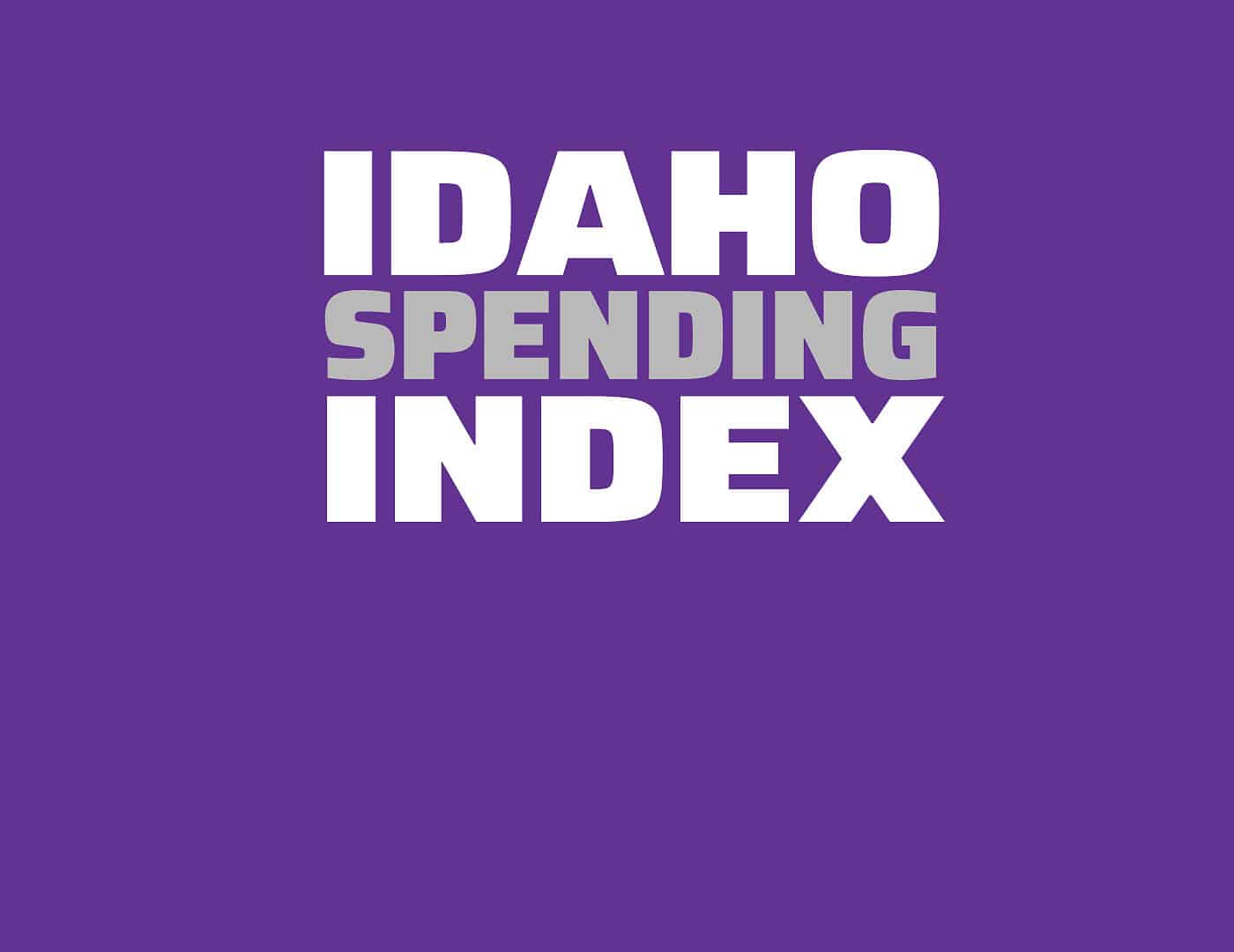


The Idaho Spending Index serves to provide a fiscally conservative perspective on state budgeting while providing an unbiased measurement of how Idaho lawmakers apply these values to their voting behavior on appropriations bills. Each bill is analyzed within the context of the metrics below. They receive one (+1) point for each metric that is satisfied by freedom-focused policymaking and lose one (-1) point for each instance in which the inverse is true. The sum of these points composes the score for the bill.
Analyst: Niklas Kleinworth
Rating: -3
Bill Description: House Bill 282 appropriates $58,296,100 and 409.00 full-time positions to the Department of Juvenile Corrections for fiscal year 2024.
Does this budget incur any wasteful spending among discretionary funds, including new line items? Conversely, does this budget contain any provisions that serve to reduce spending where possible (i.e. base reductions, debt reconciliation, etc.)?
Through a public records request, the Idaho Freedom Foundation obtained an internal policy detailing the Idaho Department of Juvenile Corrections’ approach to gender care for minors. The policy notes the Department is “responsible for the cost of hormone therapy while the juvenile is in the custody of the IDJC.” Thus, Idaho taxpayers are financially responsible for the unethical provision of hormone treatments to youth who think they are transgender. It is referenced in the policy that this is part of the Department’s approach to mental health treatment for these youth.
It is wholly unacceptable that taxpayers are expected to fund this barbaric and unethical practice on children. This financial policy goes beyond the waste of funds.
(-1)
Is the maintenance budget inappropriate for the needs of the state, the size of the agency, or the inflationary environment of the economy? Conversely, is the maintenance budget appropriate given the needs of the state and economic pressures?
This legislation sets the maintenance budget for the Department of Juvenile Corrections at $58,789,200, growing from the base by 51.1% in the last three years. This rate is more than quadruple what would be prescribed by inflationary pressures and growth.
(-1)
Does this budget perpetuate or expand state dependence on federal dollars, thereby violating principles of federalism? Conversely, does this budget actively reduce the amount of federal dollars used to balance this budget?
House Bill 282 appropriates nearly $2.2 million in federal funding to the Department. This only constitutes 3.7% of the overall budget and only funds 1.3 full-time positions. This does not indicate that the department is substantially dependent on federal funding to sustain operations, but the presence of such funding should be noted.
(0)
Does this budget contain hidden fund transfers or supplemental expenditures that work to enact new policy or are not valid emergency expenditures? Conversely, are fund transfers only made to stabilization funds or are supplemental requests only made in the interest of resolving valid fiscal emergencies?
House Bill 282 provides for the appropriation of a $4.1 million supplemental to support Youth Assessment Centers. This was added to the budget request by the governor and did not come from the agency. Youth Assessment Centers are an alternative placement option for youth offenders who do not meet the criteria for secure detention. These funds are to carry over into the 2024 fiscal year.
Considering these factors, this supplemental request does not qualify as a valid fiscal emergency.
(-1)


